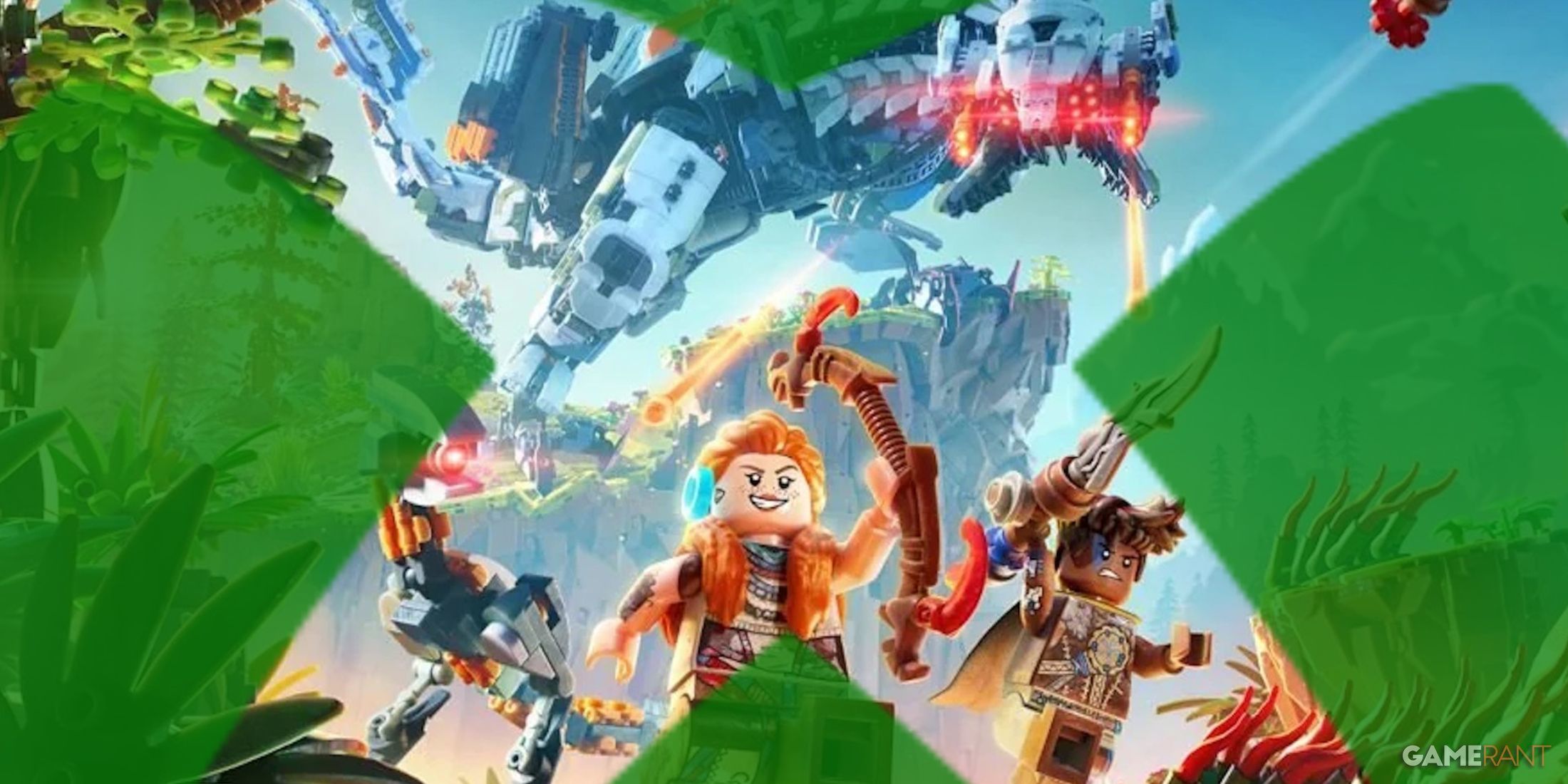For nearly four decades, GameStop has been the central hub for video game purchases. In fact, it wasn't until the last few years when the digital age really sunk its teeth into the retail industry, that GameStop started to see significant declines in revenue year on year that led to a multitude of ongoing staff layoffs and store closures. Over the years, the company has made a number of changes to its business model in an attempt to appeal to a larger audience with the most prominent being an increased focus on pop culture from collectibles to merchandise and non-video game tech.
That concept came to a head in 2019 with the launch of GameStop 2.0, a brand new initiative that aimed to expand the GameStop brand into more than just a retail shop, into a space that people might actually want to spend time in with their friends or with likeminded others. Even if GameStop 2.0 was enough to transform the companies image and change the way consumers interact with the retail store, the real question has now become whether or not it's enough to live on after the damage done by COVID-19.
GameStop 2.0
In mid-July 2019, GameStop announced a partnership with design firm R/GA to pilot new concept stores that would expand the brand from a video game store to somewhere people might want to spend time in, introducing an overall more streamlined layout and new sections where consumers could try out new games before they release, sit down for couch co-op, play a handful of retro consoles, and even compete in e-sports tournaments and tabletop RPGs.
There are multiple store concepts currently being tested in the wild, ranging from a streamlined version of an existing GameStop store to design concepts that specialize in social gatherings, Retro gaming or pop culture merchandise. The primary concept store is simply called GameStop 2.o and is likely to become the new standard for the majority of stores moving forward. GameStop 2.0 cleans up the traditional store layout with a more minimalistic design and features social spaces throughout ranging from couch co-op gaming with an actual two-person couch and flat-screen to larger spaces in the back for gaming bays or tabletop.
Other concepts being tested include GameStop Social which is said to have been designed for a variety of not-essentially-video-game-related reasons. GameStop Social included the standard couch co-op, as well as 36 gaming bay stations for PC, Xbox One, PS4, and Nintendo Switch. GameStop Retro specializes in classic games, pre-owned games, retro consoles, and couch co-op on old school CRT TVs. Lastly, GameStop Pop! continued to offer games and couch co-op gaming but acted as an expansion of stores like ThinkGeek or Zing Pop Culture with gaming collectibles, apparel, and merchandise at the front and center.
COVID-19
Coronavirus swept the globe at a pace that no one could've seen coming, causing global city and country-wide lockdowns, bans on travel and immigration, mandatory self-quarantining, and the complete closures of any non-essential business. On March 22, GameStop was forced to close down all of its stores by the US government after doing everything within its power to stay open as long as possible. Consumers are still able to purchase goods from the company online with delivery until the shutdown has ended, however, it's expected that more layoffs and store closures will soon follow on large scale.
GameStop currently has around 5,500 stores worldwide including all of its subsidiary brands from EB Games to Think Geek, Zing Pop Culture, and more. The immediate effects of the Coronavirus were felt within a matter of days when the company announced an estimated 300 GameStop stores would permanently close in the coming months. Staff would continue to be paid their average weekly hours but only for the first two weeks since closing. These closures follow a devastating 321 stores that were closed in 2019 and 150 stores closed in 2017, as well as layoffs that included 50 regional and district managers in July 2019.
With the expectation that people are going to need to stay home for longer, potentially through till June, GameStop will survive the pandemic but only after more heartache and store closures. The major issue this creates for the video game retailer, outside of the obvious financial impact, is the long-term delay of plans that are already in motion and being tested. The partnership between GameStop and R/GA was created to reinvent the company during a difficult time, into something more attractive to consumers. However, with analysts predicting the fallout of COVID-19 will cause another global recession, those plans are likely going to be put straight onto the backburner.
GameStop 2.0 isn't a game-changing initiative that's instantly going to be a guaranteed win; in fact, without appropriate space in stores and a suitable location, it's more likely to be a failed costly investment. On the other hand, it is an indicator that GameStop is really trying to turn things around, that it's not afraid to try something outlandish, and with Reggie Fils-Aime joining the board of directors, its leadership has a chance to learn from the best. The brand desperately needs to evolve and GameStop 2.0 is a step in the right direction, as long as GameStop doesn't forget its purpose.






